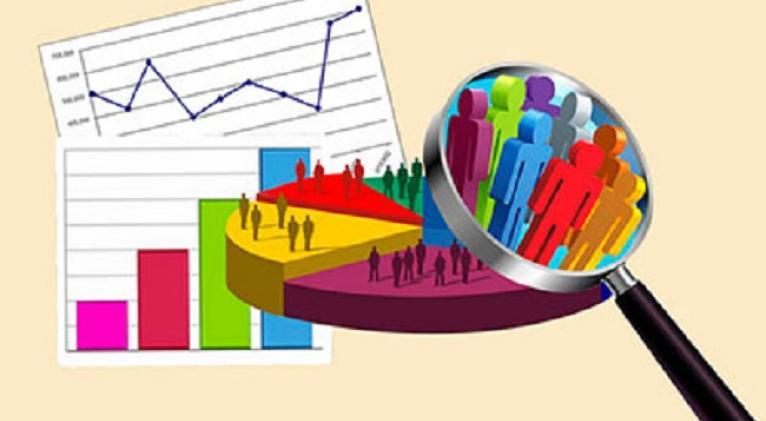Cuba: Being better is possible, also from the social research perspective
especiales

Much is said, and rightly so, about giving more and more importance to science in the work carried out in Cuba to cope with these bad moments and future project.
But it seems that a majority understands the exhortation linked above all to natural sciences, to pure sciences, and not to humanities because, no matter how much I surf through Internet, I question myself... I just cannot find those social research that tell us how we are and how Cubans live today.
They may exist, but they are not visible at least publicly, online, neither by study or research centers, nor by universities, nor by web pages of organizations or entities.
So, how journalists and the population in general, because we have the right and a need to know about them, can know more about the facts portrayed by social sciences.
Someone will ask why am I being stubborn about it if our daily life is actually known firsthand. But it is not so because, usually, "the vain villager believes that the whole world is his village...". In other words, people understand their reality is what it is going on nationwide. And it is not that way.
Therefore, we all need to know about these investigations so that they serve as a compass; the same to those who lead our fate as to any neighbor's son.
These results make it possible to have deep knowledge on a locality, municipality, province or country and, consequently, each one designs their strategies.
It is clear that these lines do not aspire to an accurate and comprehensive portrait of our reality, which is impossible. But it is to know, from subjectivities, about a wide range of daily activities that includes levels of satisfaction, states of opinion, motivations...
And for the record that, in addition to these social investigations, it would be good to also know about others because, for example, it is alarming to see the growing number of people, of very different ages, with mental illness. Is this the case only in the little part of the city that we often visit, or is it an issue that is alarmingly widespread?
You hardly see young people in queues. Is it that they are at home playing with their cellphones while their grandparents hardly endure hours under the sun? Could it be that most of young people found a job in MSMEs? Or could it be that they have left the country as part of the migratory phenomenon that strikes us with unprecedented strength?
Are we dehumanizing ourselves driven by an egotistical every man for himself, to the point of not helping people on the street, to the point of remaining undaunted recording with the cell phone while someone tries to jump off a balcony or a bridge, or what about recording the victims of accidents? Despite the institutional exhortations, why don't most of drivers of state-owned vehicles help their fellow countrymen, is it also a lack of solidarity, of human sensitivity?
There are no answers, only assumptions
Like these, many other questions can be asked whose only valid answers depend on the social sciences: sociology, anthropology... Because, without a doubt, there are many examples of helping others –the work of rescuers, firefighters and personal doctor in the tragedies experienced by the nation, including the pandemic. But, is the majority of people acting like this? We do not know.
It is common, while surfing the Internet, to find about the results of very diverse investigations in other latitudes, sometimes even those that seem somewhat useless. Why can´t we find them in Cuba?
These lines do not seem to be very misguided if we refer to the recent April session of the National Innovation Council, dedicated precisely to systems for collecting and analyzing data -social and economic- for decision-making in different areas.
The MSc. Omara Aldama López, director of Infocommunications at the Palace of the Revolution, insisted in that meeting, headed by Prime Minister Manuel Marrero Cruz and where Big Data and similar edges abounded, that Cuba needs "a Data Governance strategy that responds to the development priorities of the country, to the current situation of the data, to the existing and planned infrastructure, which covers the life cycle of the data, and which draws on good practices and international experience.”
Marrero Cruz spoke on that occasion about the need for the training of personnel associated with these issues, such as Big Data and Artificial Intelligence, for their correct use in public and business management, as well as to strengthening the relationship on these issues between universities, companies and the government.
"What is not defined cannot be measured. What is not measured cannot be improved. What is not improved always degrades," stated the British physicist and mathematician William Thomson Kelvin. Austrian professor and consultant Peter F. Drucker revisited this thesis and put emphasis on the current business management model.
Big Data, Data Science, Artificial Intelligence, without being synonymous at all, are intertwined in this topic that we all need to know to continue building a better country and to be better citizens. Better is possible, also from social research.
Translated by Sergio A. Paneque Díaz / CubaSí Translation Staff














Add new comment